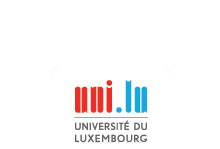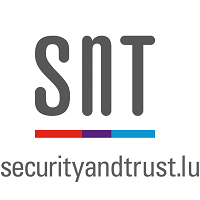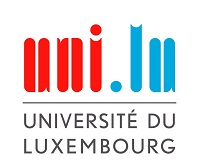Important Dates
- Paper Submission:
September 23, 2016
September 30, 2016 - 23:59, AoE
(Anywhere on Earth) = UTC-12 - Notification:
October 21, 2016
November 4, 2016 - Pre-proceeding Version:
November 30, 2016
- Final Version
(after the workshop, TBD)
- Workshop Date:
December 5, 2016
Other Editions
Proceedings and slides
2016. Proceedings of the 6th Workshop on Socio-Technical Aspects in Security and Trust (STAST)
G. Bella and G. Lenzini (eds.), ACM, New York, NY, USA.
are available at
ACM Digital Library
ISBN: 978-1-4503-4826-3
Mailing List
We invite you to subscribe to our socio-technical security mailing listTerminology
The term "socio-technical" means a reciprocal relationship between technology and people.
Concept
Successful attacks on information systems often combine social engineering practices with technical skills, exploiting technical vulnerabilities, insecure user behavior, poorly designed user interfaces, and unclear or unrealistic security policies. To improve security, technology must adapt to the users, because research in social sciences and usable security has demonstrated that insecure behavior can be justified from cognitive, emotional, and social perspectives. However, also adherence to reasonable security policies and corresponding behavioral changes should augment and support technical security.
Finding the right balance between the technical and the social security measures remains largely unexplored, which motivates the need for this workshop. Currently, different security communities (theoretical security, systems security, usable security, and security management) rarely work together. There is no established holistic research in security, and the respective communities tend to offload on each other parts of problems that they consider to be out of scope, an attitude that results in deficient or unsuitable security solutions.
Goals
The workshop intends to stimulate an exchange of ideas and experiences on how to design systems that are secure in the real world where they interact with non-expert users. It aims at bringing together experts in various areas of computer security and in social and behavioral sciences.





